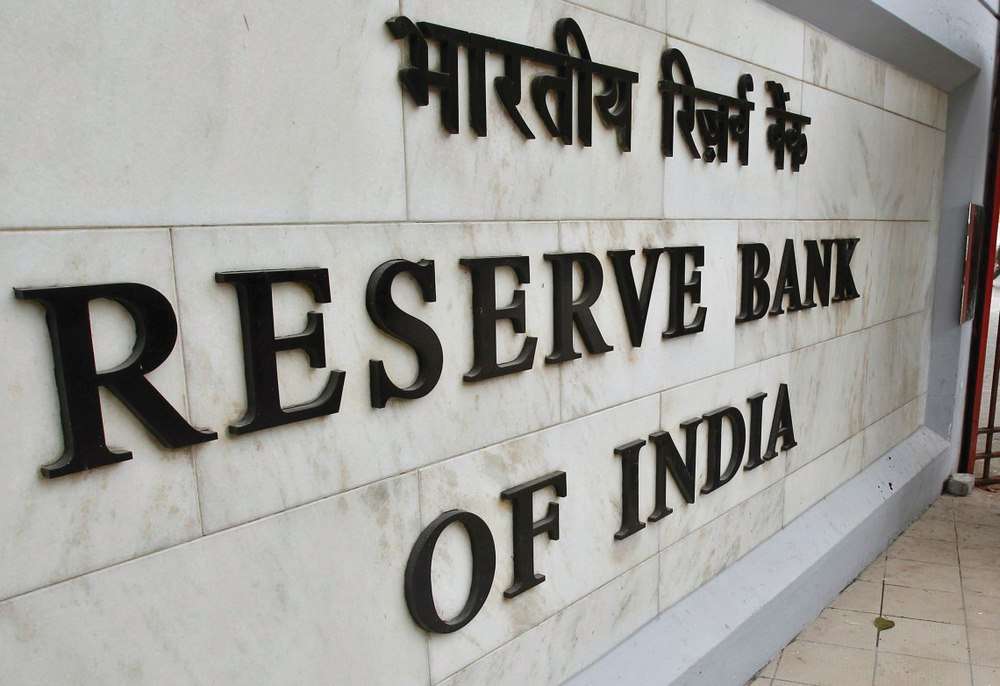
Judging a beauty pageant may be a lot easier than zeroing in on the worst bank in India. Because unlike a talent pool in the former, the deficiency quotient is much wider and varied in the latter. Because one is worse than the other, both private and nationalised, with the toss up never between the ‘known devil and the unknown angel’ but the least inefficient. Because as a customer, you are never the king, not an Even Steven but a piece of convenience, a slave to their lopsided banking practices. There could be dishonourable exceptions like top notch defaulters who contribute to the mounting Non Performing Assets.
Am I exaggerating or being too critical of this industry? Judge for yourself through the prism of these ten scenarios.
- When you swipe your debit card at an ATM to withdraw your own hard earned money,or at a shopping mall, there is a daily withdrawal limit of forty or fifty thousand or a lakh or two. But when the bank issues a credit card, which is their money lent, at what astute financial planners may consider a Shylockian interest rate, there is seldom a withdrawal limit. The logic may be weird but there is a method in the unfairness that is designed to make you spend more with borrowed money rather than your own funds. That is also why the interest rate on your savings account or fixed deposit is always much lower than what the bank would wrench from you when you take a loan. There is the smokescreen of a credit risk. Sometimes, the interest offered is even lower than the inter-bank rate.
- When your Fixed Deposit is ripe for withdrawal, there is never an SMS reminder in the run up or on the date of maturity. There is a practice called ‘automatic roll over’, which is the deposit being extended for another term without your express consent. But when you are late by just a day in paying your EMI for a loan, which may well be due to the bank’s delay in crediting a cheque or due to some ECS glitch, you will be bombarded with text messages. And a penalty is slapped on you with great alacrity. But when a cheque clearance is delayed at the bank’s end, there are no questions asked and certainly no compensatory interest! There are occasions when you will get messages, sometimes at odd hours, even after paying your EMI promptly with an exasperating rider to ignore the communication if you have already paid it.
- When you open a fixed deposit, a receipt is seldom given on the spot. When you surrender an original receipt for repayment, giving an acknowledgement is not the norm. In fact, you will be asked to sign that you received the funds and hope that it is given back to you later. But when you are ultimately issued a receipt, the staff would bring a big fat ledger for your signature that you received the receipt. Ditto when you fill in a nomination form. Despite the Banking Companies Nomination Rules, 1985, the nomination registration number and the name of the nominee is not always printed on the passbook or a receipt issued to the customer. In the event of the customer’s death, the legal heirs may have no clue about the accounts to which they were nominated. So it’s the bank’s word. If a nomination is not made, the bank will never insist on one. To get their inherited money, the legal heirs will be sent scurrying for documentation, more than what may be rquired for loans and that includes furnishing Indemnity Bonds. To check your nomination status, banks may take two days, oblivious of possible situations where the account holder is critically ill and may not survive that long.
- If you’ve taken a loan from a bank, can you possibly cite a marriage in your family as an excuse for non-payment of your EMI? By the same logic, can bank mergers, that warrant transfer of data and updation, justify dysfunctional net banking, failed debit card transactions and cashless ATMs? Just like an event in a customer’s life is extraneous to repayment of a loan, shouldn’t a business function in a bank have nothing to do with normal operations? Not being able to access your account online for reasons attributable to the bank’s internal dynamics, negates the government of India’s pet ‘Go Cashless’ slogan. It is akin to being locked out of your home because the care-taker changed and the keys are yet to be found!
- If you default thrice on a vehicle or home loan, the bank will initiate steps to seize your hypothecated car or two-wheeler or move to take over your property under the SARFAESI Act. If a cheque bounces, the drawee’s account will be debited for cheque return charges. If you are the drawer, you are liable for action under Section 138 of the Negotiable Instruments Act. However, if the ATM runs out of cash or your debit card transaction is declined despite sufficient funds, or if your cheque book, debit card and net banking kit are not issued on time for a new account, there is no accountability in place. I know of cases where a private bank encashes crossed initial deposit cheques of new customers a few days before opening the account! Where does the money go during that period? Capital market?
Let’s have Know Your Bank (KYB) norms with periodic information to customers on Non Performing Assets, cases filed, frauds reported, decisions by Ombudsmen.
- Have you read the terms and conditions of internet banking services? I found three clauses in a nationalised bank’s website that are clearly lopsided. “The Bank at its sole discretion may also make additions/deletions to the Internet Banking Services being offered without giving any prior notices or reasons.” I wonder if this constitutes ‘free consent’ under Section 14 of the Contract Act. Can consent be a default option? As the customer has no choice and is automatically deemed to agree with these terms, does it constitute ‘undue influence’ covered by Section 16 of the Contract Act, as the bank is in a position to dominate the will of the customer and uses that position to obtain an unfair advantage over him? Consider this sweeping clause. “The customer agrees not to hold the bank responsible or liable for any loss as a result of compromise of User-id and password by the User himself or if the User has failed to follow the Internet Banking Service instructions.” Who will determine compliance by the user and loopholes caused by the bank? The bank also claims a right to deactivate the internet banking login of any user due to “unsatisfactory behaviour in the account.” Who defines this conduct? Would such terms be viewed as an ‘unfair trade practice’ attracting Section 2(1)(r) of the Consumer Protection Act?
- Banks can flood customers with promotional offers, some even managing to bypass the Do Not Disturb registry. But how many customers receive information about changes in interest rates on loans taken or fixed deposits made or card charges? Or reminders to periodically check and update nomination details?
- When you go to deposit a cheque, you are often directed to a drop box. So you will get no seal or initial on the counterfoil. Not all banks have kiosks that churn out printed acknowledgement slips. If you are lucky, friendly staff may affix a seal on your counterfoil. Invariably the seal will hide crucial details like the cheque number. But when the bank gives you a Demand Draft or the smallest loan, you will be asked to sign in a dozen places – in documents, on registers, on slips, on whatever they place before you with x marks.
- When you pledge your original property documents worth several lakh rupees or crores, as security for a loan, the bank may ask you to leave the papers on the table and come the next day for a Memorandum of Deposit of Title Deeds. I have fought cases of customers whose original title deeds were misplaced by banks and neither an FIR was filed or Non Traceable Certificate obtained or Indemnity Bond given. When a bank gives you even a small vehicle or house construction or purchase loan, the vehicle will be hypothecated to the bank till the loan is repaid fully and the house will be mortgaged with the bank.
- When the bank insists on submitting Know Your Customer (KYC) documents and you do, there is no acknowledgement given, unless you insist on a seal and file it away. More often than not, as there is no system of acknowledgement in place, you will get further reminders to submit documents afresh. I’m steering clear of the controversy over linking Aadhaar as I have written about it in my legal column in a newspaper. Don’t you think it’s time banks start the concept of Know Your Bank (KYB) and periodically inform thir customers of their Non Performing Assets, cases filed against them, frauds reported, decisions by the ombudsmen and so on? Till all that happens, let banks deface hypocritical slogans like the ‘Customer Is King’ plastered on their walls.
(Sanjay Pinto is a Lawyer at the Madras High Court, a Columnist, Bestselling Author, TV Political Commentator, Public Speaking Mentor & Former Resident Editor of NDTV 24×7)







 Raashii Khanna
Raashii Khanna










